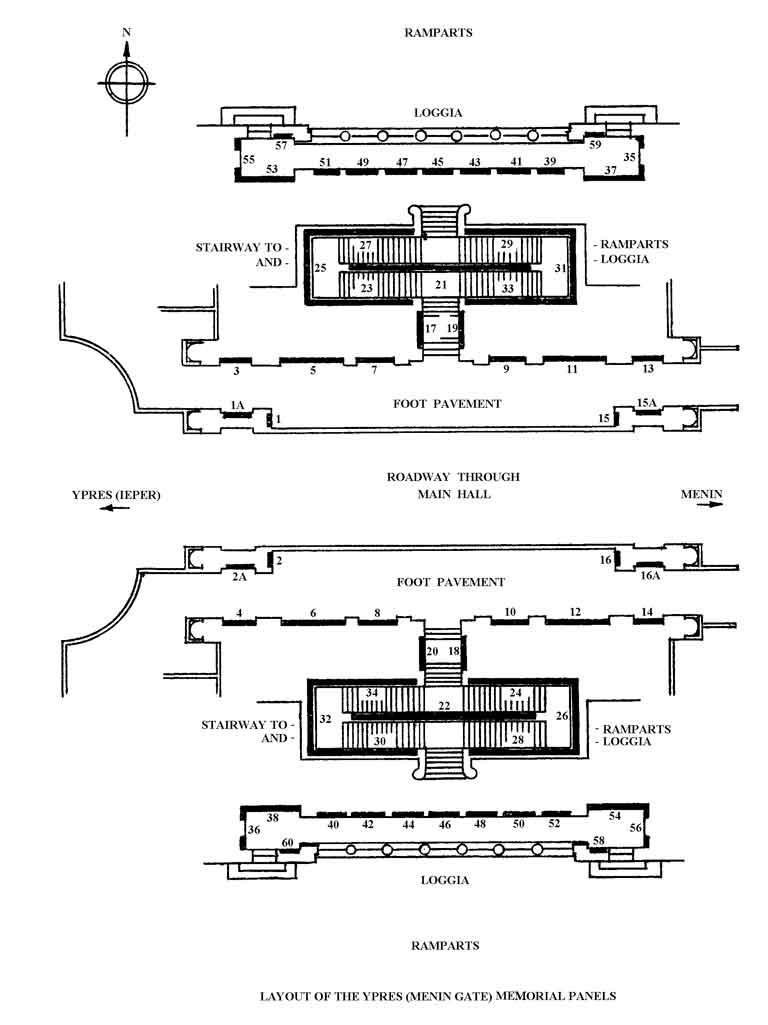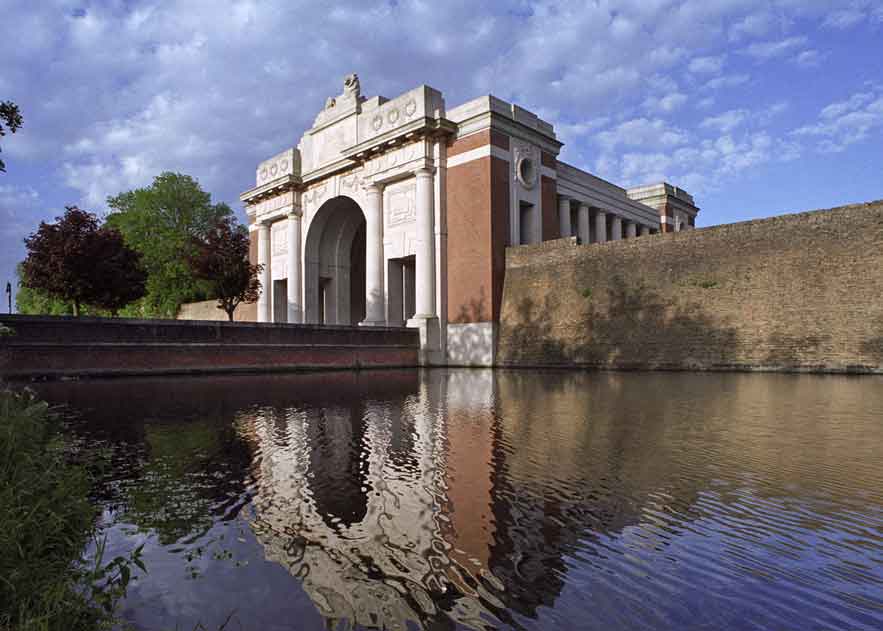
SSNS Home > Senior Years > Curricula 9-12 > Grade 11 > Canadian History > Remembrance Day > PPCLI Soldiers > Papineau
Papineau, Talbot Mercer, enlisted in the field, originally from Montebello, Quebec. Medals/Honours: Military Cross (MC), Mentioned in Dispatches (MID). Occupation: Lawyer. Military Service: Captain [Acting Major], PPCLI, Attestation Papers. Diary Reference: “Heard that among the officers they killed are … [T.M.] Papineau,” 5:30 Oct ’17.
Additional Biographical Information
See Dictionary of Canadian Biography Talbot Mercer Papineau and Wikipedia.
“Papineau Talbot Mercer. Acting Major. Military Cross. Born in Montebello, Quebec Mar 1883. Employed as a lawyer before enlisting in the PPCLI with the rank of Lt 12 Aug 1914. No military experience, but came from a prominent Quebec family. Arrived in England with the 1st Canadian Contingent Oct 1914. Burnt in a tent fire accident with Lt Stewart (later a PPCLI Commanding Officer) in Oct 1914. Formed part of the PPCLI Depot Dec 1914. Crossed to France 23 Jan 1915. Joined the PPCLI in the field 25 Jan 1915. Took part in the first Canadian trench raid 28 Feb 1915, jointly winning one of the first Military Crosses by a Canadian (the other man was Lt Colquhoun, PPCLI Scouting Officer). Made Temporary Capt while occupying his position 15 Mar 1915. Awarded the Military Cross LG 29131 15 Apr 1915. General Action: 2nd Battle of Ypres. General Action: Battle of Frezenberg. One of four officers left with the Regiment after the battle on Bellewaerde Ridge 8 May 1915. Mentioned in Despatches LG 22 Jun 1915. Relinquished the rank 28 Jul 1915. Promoted to Capt 1 Nov 1915. Hospitalized ill 6 Nov 1915. Discharged 22 Jan 1916. Seconded to Canadian Corp Headquarters 23 Feb 1916. Appointed Staff Capt 3 Jun 1916. Appointed General Staff Officer 3rd Grade 25 Nov 1916. Involved with Max Aitken (later Lord Beaverbrook) and the publishing of the book Canada in Flanders. Granted leave from 18-30 Mar 1917. Granted 10 days leave from 26 May 1917. Returned to the Regiment 6 Jun 1917. Promoted Acting Major 15 Jun 1917. Granted 10 days leave from 5 Oct 1917. General Action: 3rd Battle of Ypres (Passchendaele). Reported killed in action 30 Oct 1917. Struck by shell. Only the lower part of his torso was found and recognized by the way his puttees were wrapped and items in his pockets. Buried and marked with a cross, but his body was later lost. It is possible his body was buried in Poelcapelle British Cemetery in Plot XXIV Row C Grave 19, but there is another soldier now buried there. A memorial cross was also raised over Plot XXIV Row 6 Grave 8. Age 34. There were many who thought he might become a Prime Minister of Canada had he lived.” Stephen K. Newman, With the Patricia’s in Flanders 1914-1918, 236.
14 July 1916: In a letter to his wife, dated Mount Sorrel, 14 July 1916, Adamson wrote, “General Macdonell told me an amusing story today to show you how little one knows oneself. He asked one of my subalterns to be his A.D.C. provided I approved and he was to interview me. The youngster said I know what will happen if I speak to him, he will put his eye glass in his eye, look me straight in the face and say ‘The mistake you made was ever joining so fine a Regiment, but I do not think I am making any mistake in letting you leave it.’ It appears I said this to Papineau when he said he would come back if I did not consider it was spoiling his career in the Army. I thought it was much stronger and he quite deserved it.” Letters of Agar Adamson 1914 to 1919, 196.
8 August 1916: In a letter to his wife, dated Zillebeke Bund, 8 August 1916, Lt.-Col. Agar Adamson wrote, “Max Aitkin’s agent and Papineau turned up two days ago with a cinematograph camera and wanted us to pose for him. I suggested he took photographs of graves of the fallen and ordered him to get out of the lines as I did not think it fitting that in the present critical situation officers should be going about with a Punch & Judy show.
“The General [A.C. Macdonell] heard of it and quite approved, but my views are not shared by many Commanding Officers, who are only too anxious to advertise themselves and rehearsed all kinds of stunts, when they heard they were coming, such as reading maps, giving orders, receiving messages, pretending to be shot and carried off on stretchers. I only hope the camera gets smashed going through the ancient City [Ypres]. If Papineau returned to the Regiment and did his bit, it would be more to his credit than playing into Max Aitken’s hands and driving about in motor cars and sleeping in a comfortable bed 16 miles behind the support lines.” Letters of Agar Adamson 1914 to 1919, 205.
11 May 1917: In a letter to his wife, dated La Chaudiere, 11 May 1917, Lt.-Col. Adamson wrote, “Papineau (French-Canadian like) came to see me yesterday. I enclose you his letter. He wants to go to Oxford for five weeks to get fit rowing, playing tennis, racquets and running, then two weeks with his Mother in the country, then six weeks military training at some school in England. He said that he intended to go into public life, after the war, in Canada and thought that he would have a better chance of getting the support of the public if he could show he had been with the Regiment through some big push like the last one. He wanted to become a Brigade Major as his Mother was very ambitious for him. I told him that if he came back he must do so as a Company Commander but he must make up his mind to stay, as I did not propose to make the Battn. a training school for the convenience of staff officers. He can think of nothing but himself and annoyed me very much though I did not comb him down as much as the self-seeking bounder deserved. Letters of Agar Adamson 1914 to 1919, 280.
15 June 1917: In a letter dated Berthonval Wood, 15 June 1917, Adamson wrote, “Papineau and Niven have rejoined … . Papineau is really very good. The other night, when his part of the trench was being very badly knocked about by shell fire, and his orders were to hold at all costs, knowing that they all must be wiped out, he took the whole garrison of the trench fifty yards in front and put them into shell holes. The Germans could not spot the range with any accuracy and kept on pounding the trench, which they very badly damaged. Had his company remained in the trench, most of them would have been knocked out for a certainty.” Letters of Agar Adamson 1914 to 1919, 254-255.
16 August 1917: In a letter dated Lapugnoy, 16 August 1917, Lt. Col. Adamson wrote, “I have two Court Martials on. One is a very serious case. Papineau is also up for allowing his servant to clean his revolver before he himself unloaded it. The servant shot another servant doing it. Letters of Agar Adamson 1914 to 1919, 302.
Date of Death: 30 October 1917. See casualty details, Commonwealth War Graves Commission. Memorialised at the Ypres (Menin Gate) Memorial, Ieper (Ypres), West Flanders, Belgium. Memorial Reference: Panel 10.

